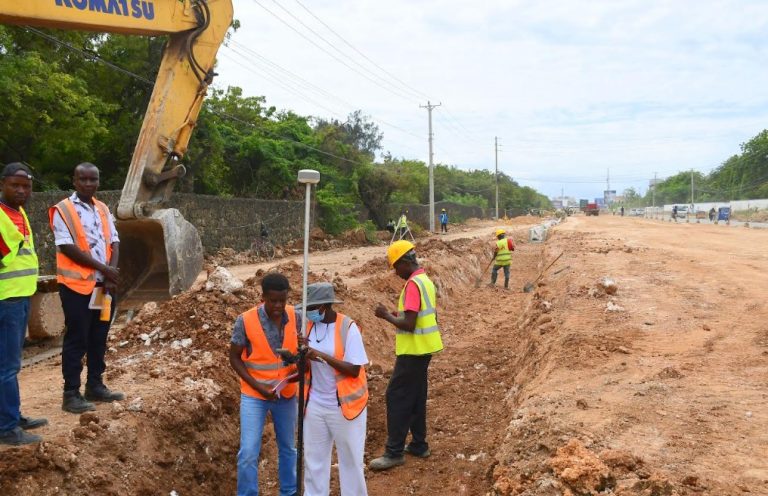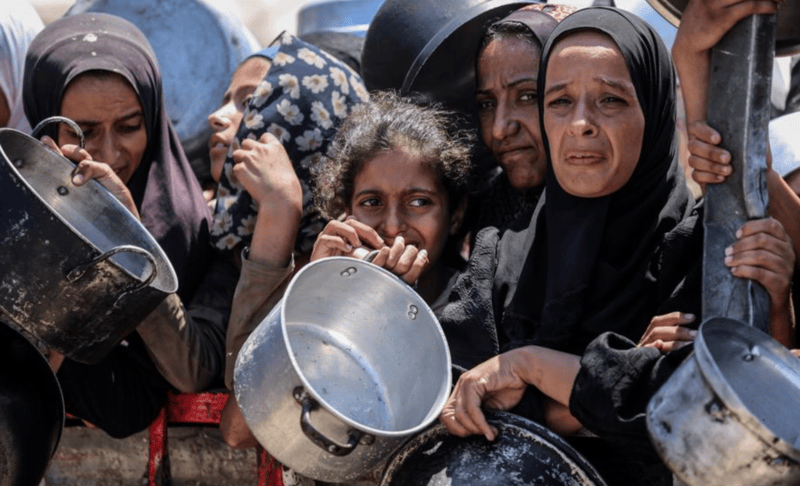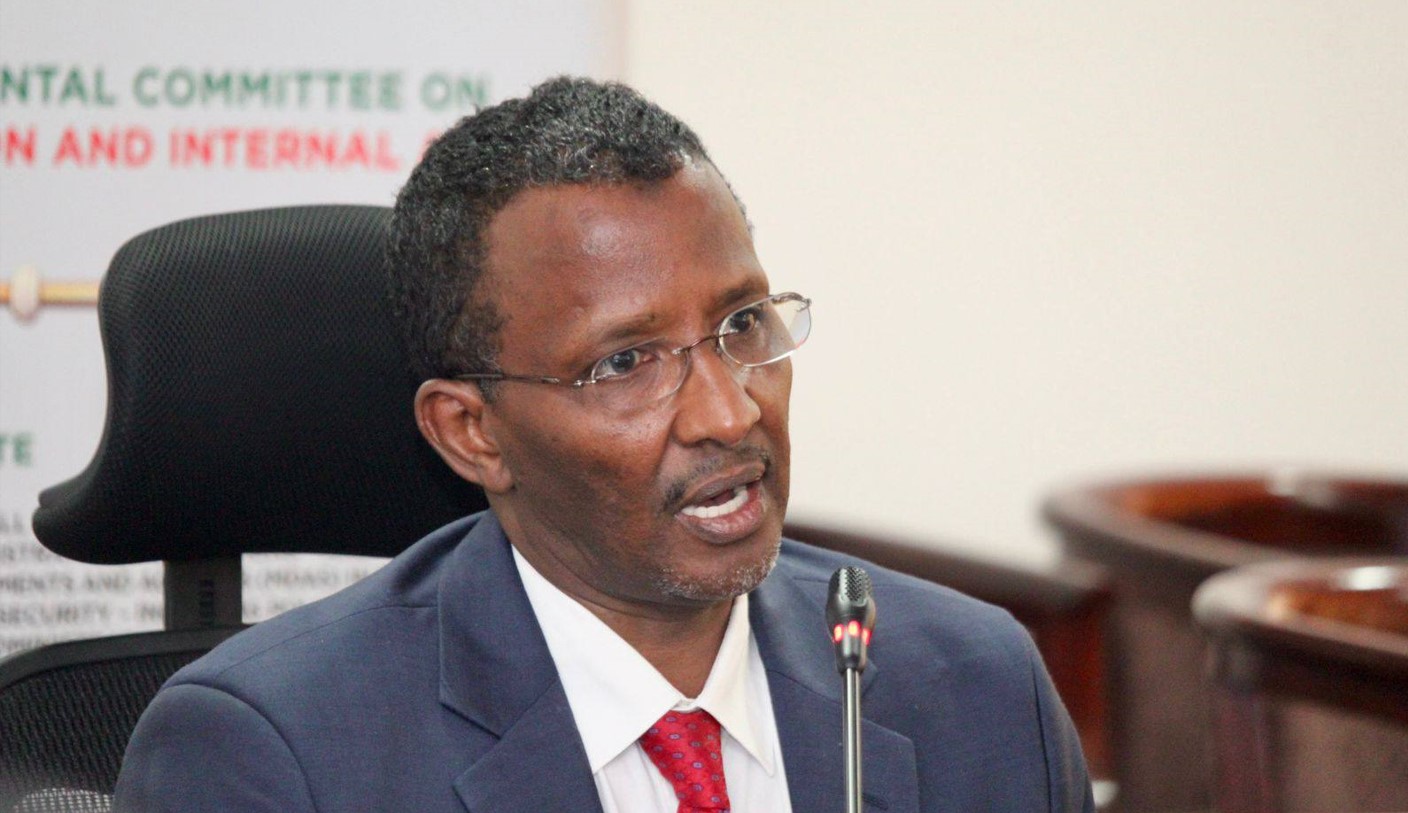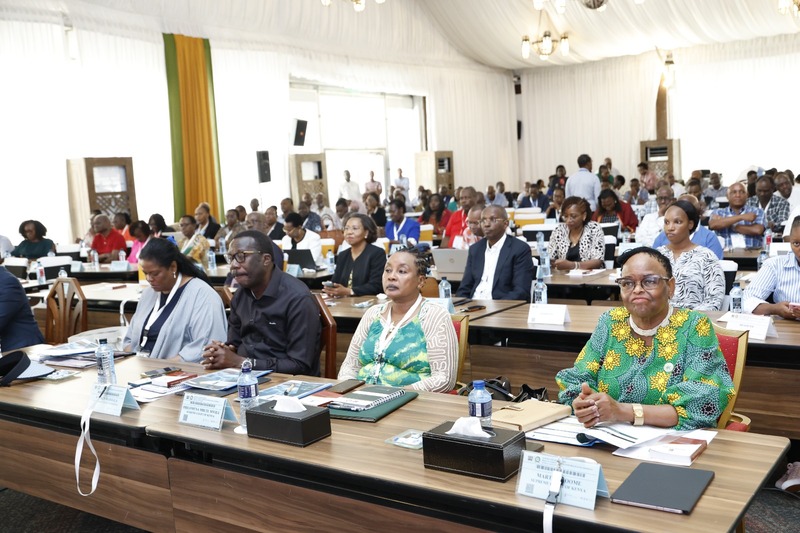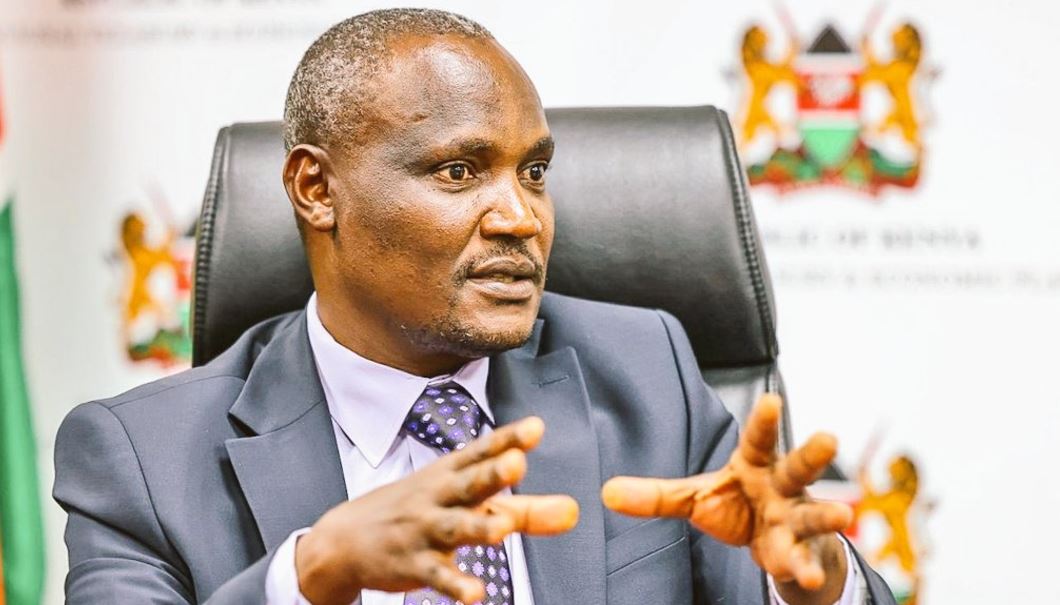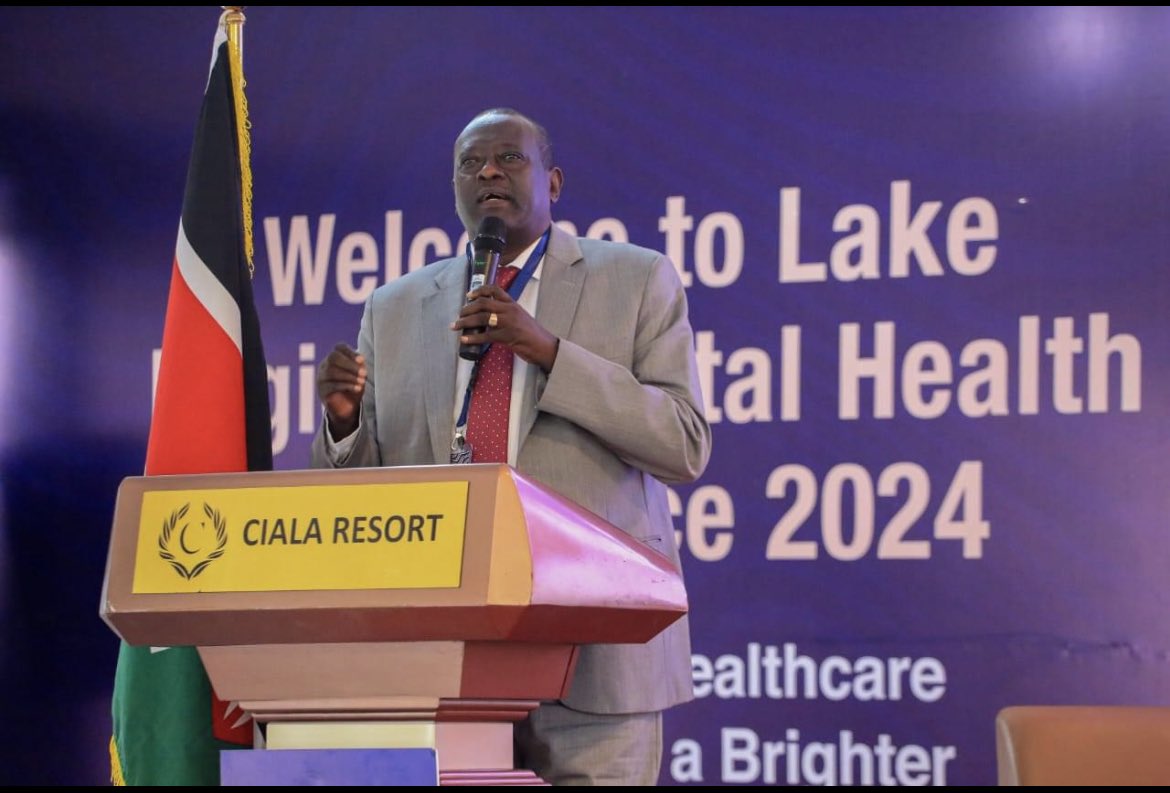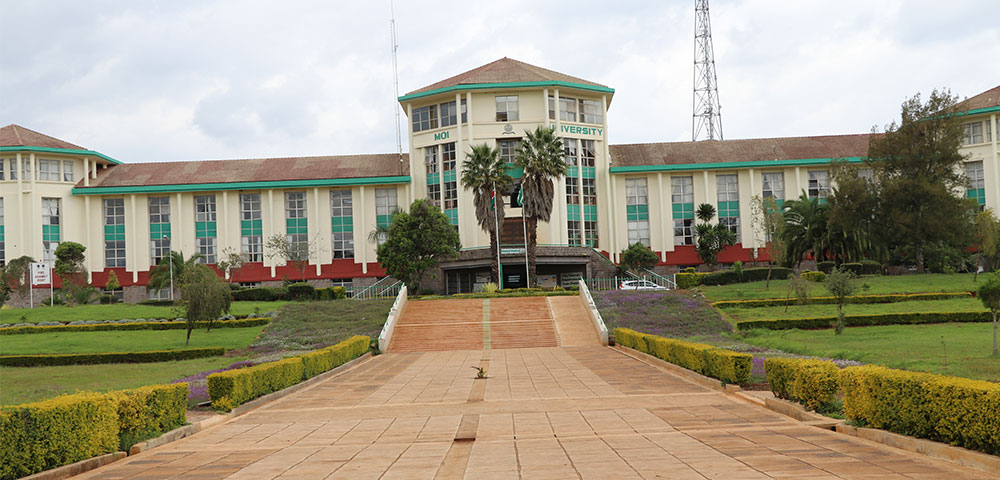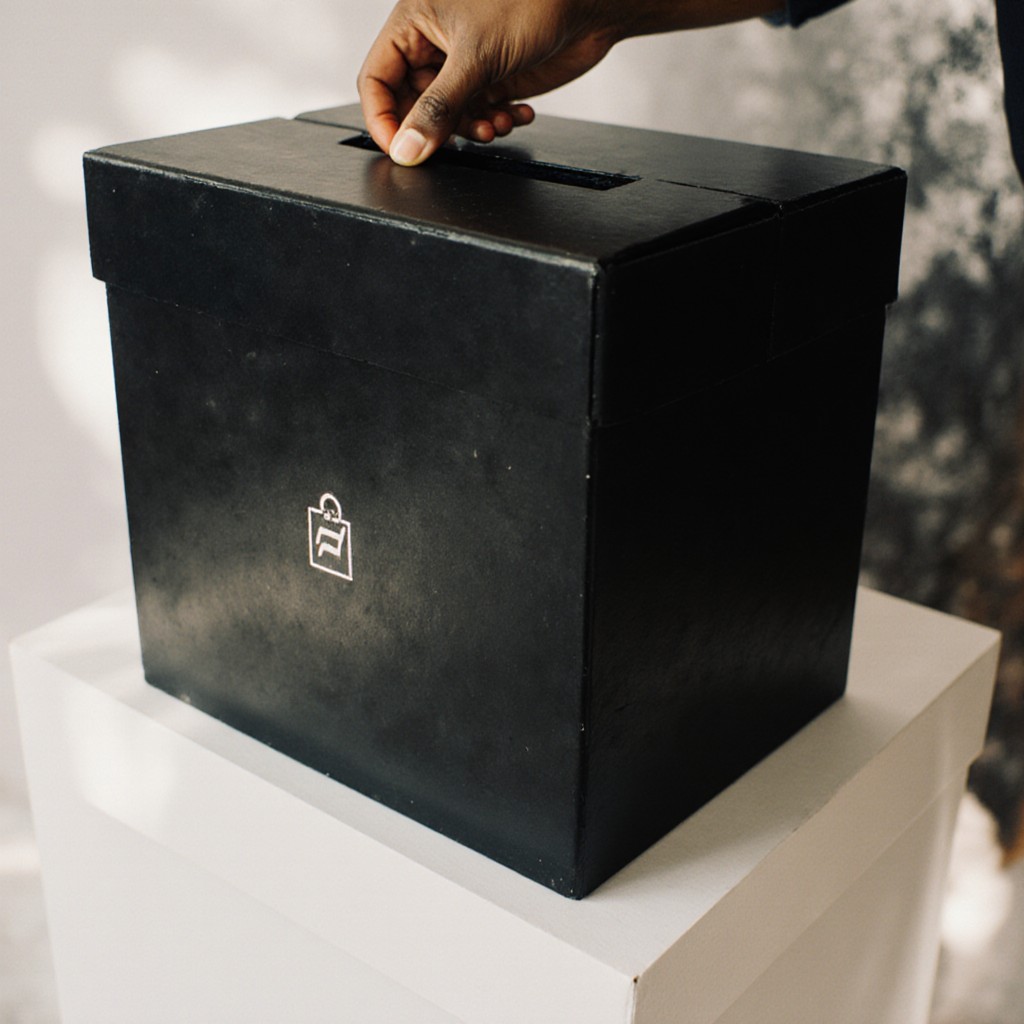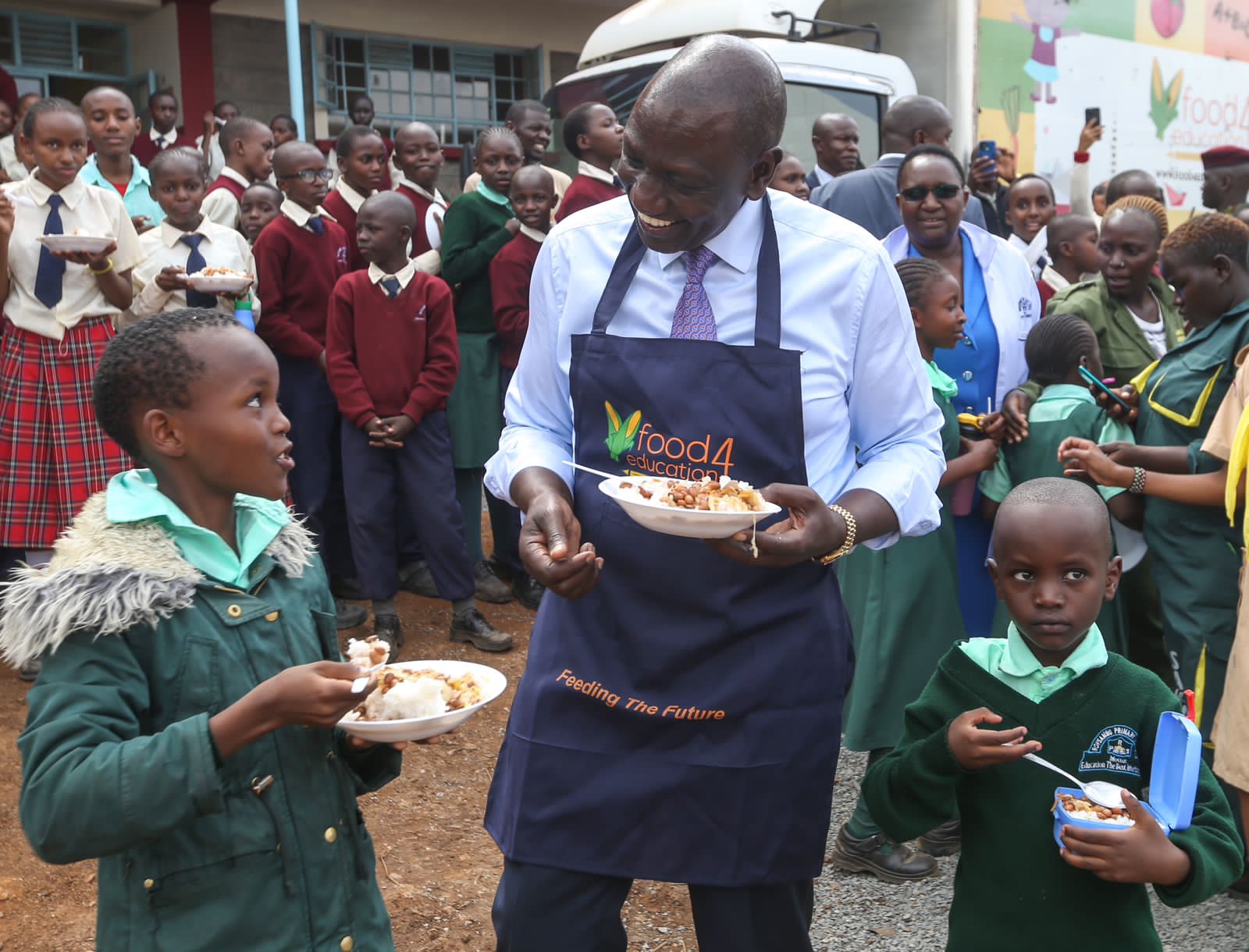Nairobi teen faces childbirth alone after being denied care for lacking ID, SHA
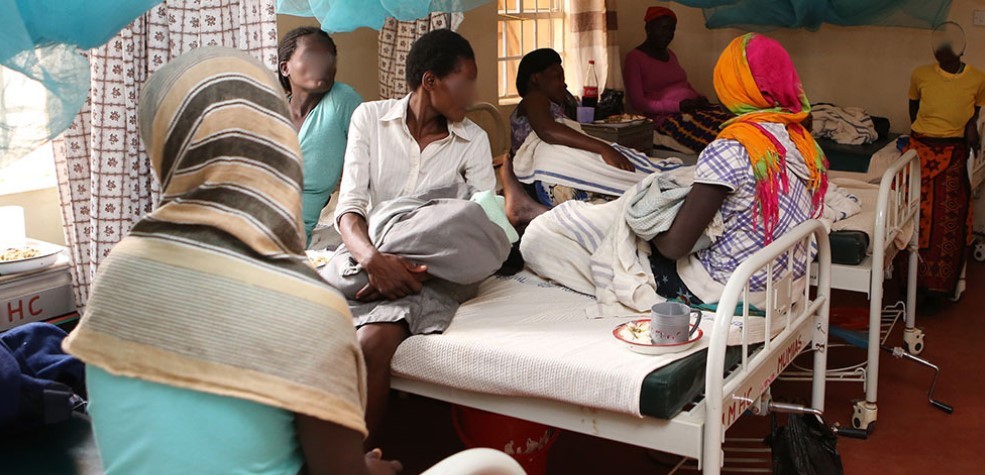
In a tiny room in Muthurwa, Nairobi, Auma prepares for motherhood alone—without baby clothes, a hospital bag, or any family support.
On this day, June 22, 17-year-old Vivian Dorcas Auma is gripped by fear and uncertainty. She is due to give birth at any moment, but two haunting questions weigh heavily on her mind: “Where will I give birth? And how will I pay for it?”
In a cramped, single-room dwelling in Muthurwa, Nairobi, Auma quietly braces herself for motherhood. But unlike most expectant mothers, there are no baby clothes neatly folded, no hospital bag packed by the door, and no family members checking in on her. There is no confirmed hospital bed waiting—only overwhelming uncertainty.
More To Read
- Lagdera MP demands action as health facilities defy Ruto’s free outpatient care directive
- Ruto acknowledges SHA, housing project have damaged his approval ratings
- Kenyans entitled to Sh500,000 for treatment abroad for services unavailable locally under SHA - Duale
- Garissa residents set to benefit as Balambala Hospital goes digital
- Three charged in Nairobi for posing as SHA officials to defraud patient’s family
- Nairobi Hospital suspends fee hike after insurance pushback
Throughout her pregnancy, the response she has repeatedly encountered at public hospitals has been chillingly consistent: “Bring your ID. Register with SHA.”
But she has no identification card, no parental documents, and no one to help her navigate the complicated system. Time and again, she has been turned away from care. Even basic prenatal services have been denied or delayed.
Invisible to the system
On many occasions, she’s left clinics in tears—not because of physical pain, but because she remains invisible to a system that demands paperwork she simply does not possess.
Private care isn’t even an option. With no income, no family support, and no social safety net,
Her life has been shaped by loss. Her mother died when she was still too young to understand what death meant fully.
By the time she was old enough to begin asking about her, those who might have remembered were either gone or silent. In 2017, her father died too—another devastating blow that left her and her younger sister orphaned before she even entered her teens.
She dropped out of school in Class 8, not because she lacked ability or dreams, but because survival demanded it. With no one to pay her fees or support her, education became a luxury she could no longer afford.
For a time, she found stability in the care of her maternal grandmother, the only person who made her feel safe and wanted. They lived in a small house in Muthurwa, a place that, though modest, held peace.
“That house was everything. It was small, but I could sleep without fear. I had my sister, and my grandmother always made sure we had something to eat.”
Then, one final blow: her grandmother passed away last month.
After the funeral, her younger sister was taken in by relatives. But Auma, now visibly pregnant, was left behind.
“My aunts said I’d be a burden. They took my sister and left me. They said they couldn’t feed me and a baby,” she says, her voice almost inaudible.
Homeless
She was then forced out of her grandmother’s home by older women, family friends who had once promised support. Now, she sleeps wherever she can, sometimes staying with kind strangers, other times having nowhere to go. The roof over her head is never guaranteed.
Her pregnancy has been a journey of rejection and silence. She’s been turned away from clinics for not having an ID or SHA (Social Health Authority) coverage. Every attempt to explain her situation is met with indifference.
“I went to the dispensary near Muthurwa. They told me to bring SHA. But how can I get SHA with no ID? No parents? No guardian? No one seems to listen,” she says.
Without SHA, Auma cannot afford the cost of delivery.
Pumwani Maternity Hospital, the nearest hope, charges Sh10,000 for delivery without SHA for normal delivery or about Sh30,000 for C-section—an impossible sum for a girl who has nothing. With SHA, the cost would be just Sh1,200.
“I don’t have any money. I’ll just go and pray they help me. Maybe I can clean the hospital floors to pay them.”
The father of her unborn child, a 22-year-old man, has denied responsibility.
“He said we’ll wait for a DNA test, but he hasn’t helped me at all. I’ve gone through everything alone.”
Her plan after giving birth is equally heartbreaking in its practicality.
“I’ll take the baby to a daycare and try to find work. Maybe washing clothes or working as a nanny. I have no choice.”
She once worked as a nanny in Syokimau, but that job ended when the family could no longer keep her on.
Drifting
Forced to leave, and with no relatives to turn to or a way to return to her rural home in western Kenya, Auma now drifts from day to day, relying solely on the support of her 22-year-old friend who has taken her in.
Ashley Ann, 22, a single mother of one and longtime neighbour, opened her door to Auma when she came seeking help.
“Her grandmother was our neighbour for years. After the burial, she was supposed to stay at her grandmother’s house, but she was chased away by relatives,” Ann says.
Now, Ann’s small home shelters three adults and one child. She tried to add Auma to her NHIF (SHA), but it wasn’t possible.
“We don’t have many options. We even thought about her giving birth first, then going to the hospital after, because we can’t afford anything else.”
Their only hope is Pumwani Hospital, but without SHA, they’re uncertain if she’ll be accepted.
“We’re barely getting by—I wash clothes and sell ice pops to survive,” says Ann.
A community health promoter who prefers to be called Lizzy has been closely following Auma's case, but with little success.
The situation is just one of many she has encountered where SHA barriers block access to care. Despite repeated communication with authorities, it remains unclear if any meaningful help will come.
“I even considered adding her to my own SHA,” Lizzy explains, “but I have many dependents myself, and we’re not related. I’m not her legal guardian, so the system won’t allow it. I’m stranded just like her.”
Seeking help
Lizzy has escalated Auma ’s case to her superiors and is currently working on obtaining a letter from the local chief to support hospital admission. However, with the recent emphasis on strict SHA documentation, she worries about what will happen after delivery, facing the same barriers again.
“We’ve even thought about helping her deliver at home,” Lizzy admits. “Because if Pumwani Hospital turns us away, we don’t know what else to do.”
She adds that despite raising these issues multiple times, responses from the authorities have been slow or nonexistent.
“They keep saying they’ll get back to us, but they never do. Now, we’re left stranded.”
Multiple attempts by The Eastleigh Voice to obtain comments from SHA officials and the Ministry of Health went unanswered.
Despite a national decline, Nairobi County reported the highest proportion of teenage pregnancies in 2024, accounting for 6.1 per cent of all reported cases.
According to the 2025 Economic Survey by the Kenya National Bureau of Statistics (KNBS), the total number of adolescent pregnancies dropped by 4.8 per cent, from 254,753 in 2023 to 241,228 in 2024.
Top Stories Today
